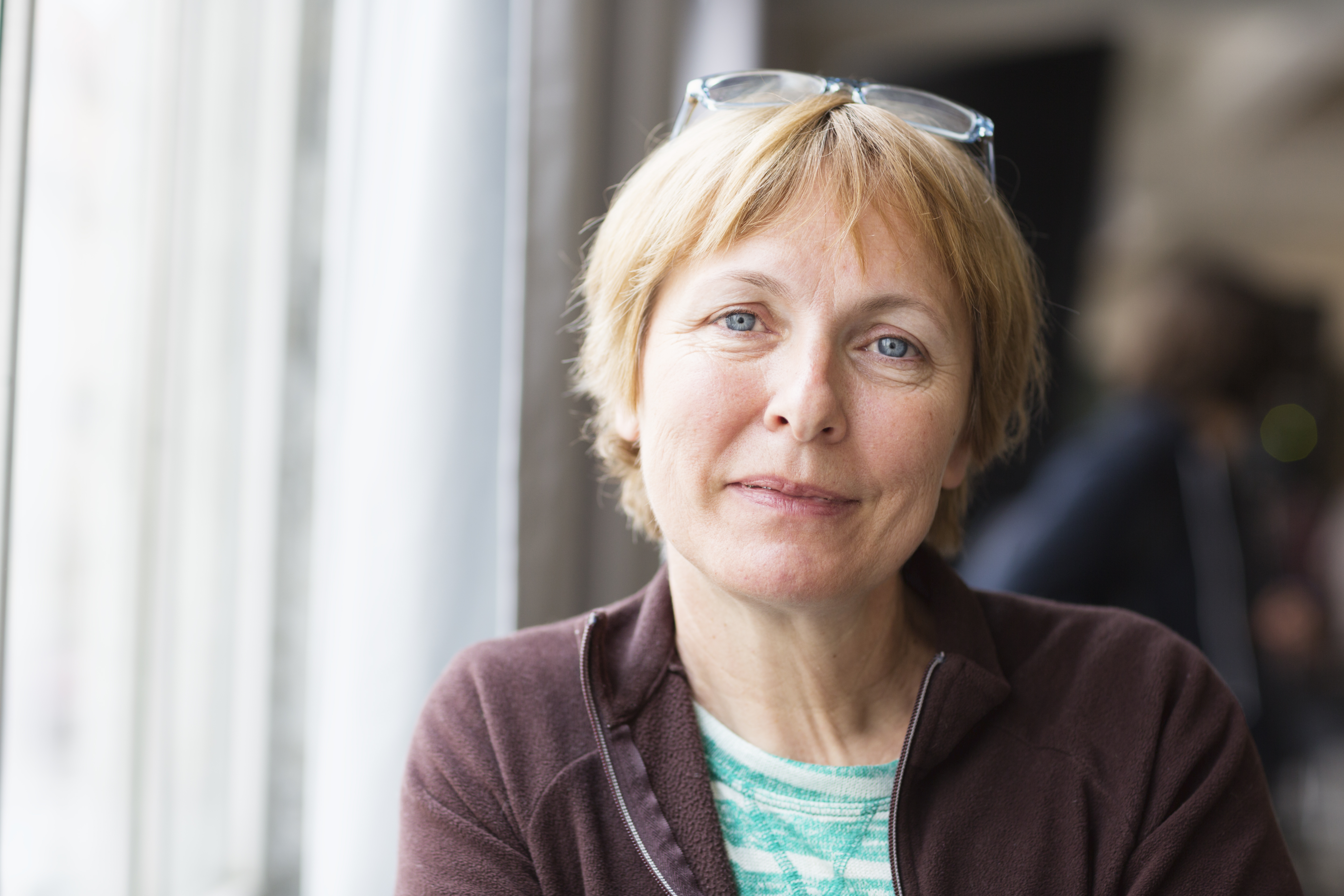Giving practical care
Carers often give practical care to patients. This can include:
- Household chores like cleaning and laundry
- Shopping
- Preparing meals
- Providing transport – day-to-day transport and travelling to the GP and to hospital appointments
- Dealing with money matters
Sometimes these roles can be overwhelming when you have other responsibilities such as running your own home, looking after your children or going to work.
Try to write a list of all the jobs that need to be done and prioritise them. A list will also help you to share out the jobs with other carers.
Household chores
Ask your family member or loved one what they would like help with. Remember it's their home. Your loved one may be entitled to home care supports, so speak to the medical social worker in the hospital or your local Health Service Executive (HSE) office. You can also ring the HSE live helpline on Freephone 1800 700 700.
Preparing meals
If your loved one isn’t feeling well, or is having side-effects after their treatment, they may not have much appetite. Or they may need a special diet, like a soft diet or a high-calorie diet. Ask to speak to the hospital dietitian if you have any questions about preparing food.
You could also read our booklet Diet and Cancer. It has helpful tips for carers about meals for someone with cancer. You can order it from our Support Line by calling 1800 200 700 or emailing supportline@irishcancer.ie
If you’re very busy as a carer, ask people to bring meals in plastic containers that you can use or freeze for later.
Stocking up on some good-quality, nutritious ready meals or using a healthy meal-delivery service can also help.
Transport
Carers often bring their loved ones to hospital for appointments and treatment. But if they can't help with transport, help is available.
The Irish Cancer Society runs two programmes to help with travelling to and from appointments:
- The Volunteer Driver Service, where trained volunteer drivers give patients and their carer a lift to and from chemotherapy appointments.
- The Travel2Care programme, which helps with the costs of transport to hospital for diagnosis or treatment appointments.
Some local cancer support centres and other charities also provide volunteer driver schemes. For more information, ask the medical social worker at the hospital or call a cancer nurse on our Support Line 1800 200 700, drop in to a Daffodil Centre, or email the nurses at supportline@irishcancer.ie.

Medical equipment
If your loved one needs medical equipment, such as a wheelchair, speak to your public health nurse or the occupational therapist or nurses at the hospital. They will advise you.
The Home Support Service
The Home Support Service is a HSE scheme that aims to support older people (aged 65+) to remain in their own homes for as long as possible. It also aims to support informal carers.
Sometimes, exceptions are made for people under the age of 65 who may need support, such as people with a disability or early-onset dementia.
The service provides supports with everyday tasks such as:
- Getting in and out of bed
- Getting dressed and undressed
- Personal care, such as showering and shaving
The support you receive will depend on your individual needs.
This is a free service. You do not need a medical card to apply and your income will not be assessed. However, if you arrange additional supports, over and above what the HSE has agreed to cover, you will have to pay for these.
If your loved one is being discharged from hospital, make sure you ask the medical social worker in the hospital about this service. If there is no medical social worker in the hospital, then ask to see the discharge coordinator and ask them about referral.
If your loved one is already at home, ask your community or public health nurse about this service.
Check with your Local Health Office for more details on the scheme in your area. Find your Local Health Centre.
Dealing with money matters
Money may well be the last thing on your mind if your loved one has been diagnosed with cancer, but it can make things easier in the long run if you get organised from the start.
For more on this, see benefits and entitlements and managing money.
Hints and tips
- If you find it difficult to deal with financial matters or fill in forms, ask a friend or family member to take on that job.
- Find out if there is a medical social worker at the hospital and ask to speak to them. They can give you advice about benefits to apply for and supports and services available.
- Ask about any costs and charges when your loved one is first admitted to hospital, to see if you will have to pay anything.
- If your loved one has health insurance it’s a good idea to call the insurer as soon as possible. Tell them about your loved one’s treatment and find out what they are covered for.
- Ask your pharmacist or the medical social worker about the Drugs Payment Scheme, Medical Card or the Long-term Illness Card.
- Keep a folder for receipts, if you will be claiming back any medical costs from your health insurer or as tax relief.
- Your local Intreo (social welfare) office can give you advice about applying for benefits that you or your loved one may be entitled to if you have to give up work, as well as other illness-related payments.
For more information
Phone
1800 200 700



